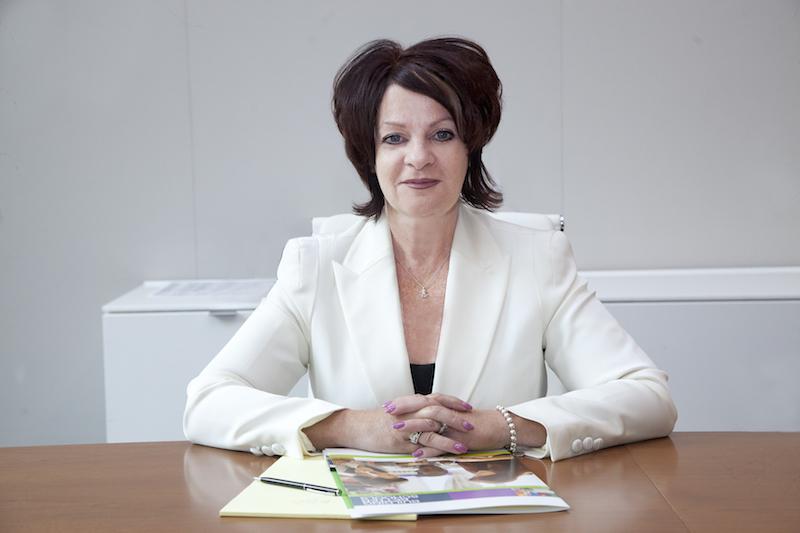
Exercising Your Professional Judgement
The end of the fall term has educators working hard to complete assessments and provide report cards before the winter break. As you know, in our last central collective agreement, we negotiated a definition of professional judgement, making it enforceable through the grievance process. This was a first for our union. Professional judgement is defined, in part, as “judgement that is informed by professional knowledge of curriculum expectations, context, evidence of learning, methods of instruction and assessment, and the criteria and standards that indicate success in student learning.” The definition recognizes our members’ professionalism and makes professional judgement the cornerstone of assessment and evaluation. ETFO is working to ensure the new collective bargaining language is broadly understood and supported by everyone.
For far too long, members were required to administer standardized assessments to an entire class regardless of whether the results would provide useful information for more than a few students. As educators, we have the education, training and experience necessary to understand the needs of our classroom and each individual student. Our professional judgement means we can make insightful decisions about instructional practices, classroom resources, interaction with students, creating a positive classroom environment and communication with parents and guardians.
Diagnostic Assessment, IEPS and Reporting
Although teachers must use diagnostic assessment during the school year, they should exercise their professional judgement in making specific decisions. Diagnostic assessment is used to identify students’ needs and abilities as well as their readiness to acquire the knowledge and skills outlined in the curriculum expectations. Each school board must provide a list of pre-approved assessment tools consistent with its improvement plan for student achievement; it’s up to teachers to use their professional judgement to determine which assessment tools to use from the board list, when to administer them and with which students in order to program effectively. The results of diagnostic assessments cannot be used in any way to evaluate teachers.
IEPs need to be created and in place within 30 school days of the start of the student’s program, typically the first day of school. The IEP is to be reviewed and updated, if changes are needed, for the fall progress report card. Teachers can use their professional judgement both to determine the form and content of the input provided during the development of IEPs and to update strategies on IEPs.
Completing report cards should not be the sole responsibility of the homeroom teacher. All educators who instruct in a classroom should have the opportunity for input. Teachers should use their professional judgement when completing reporting comments, specifically in deciding which subject areas to comment on and how much information to include in the comment section. Educators do not need to comment on every subject or learning skill and personalized comments do not need to be different for each student. Teachers should ensure they are in compliance with the expectations outlined in the Ministry’s Growing Success document.
Enforcing the Importance of Professional Judgement
ETFO has pursued central and local grievances when board personnel have issued directives to staff that we believe are in violation of our central agreement language. These local directives often involve increased expectations that go beyond what is outlined in the Growing Success document. ETFO will continue to monitor and pursue any actions that undermine a teacher’s professional judgement. If you have any concerns about a situation, contact your local.
Resources
ETFO has developed a workshop that can be delivered at the local level as well as a host of resources to support teachers in the exercise of their professional judgement. The workshop is an overview of professional judgement, how ETFO members can exercise it and pitfalls to avoid. If you are interested in getting more information on professional judgement, contact your local and read ETFO-developed resources at etfo.ca.
ETFO is committed to ensuring the new collective bargaining language on professional judgement has a positive impact on your day-to-day work in the classroom and, over the longer-term, on teacher professionalism going forward.
Have a restful holiday!